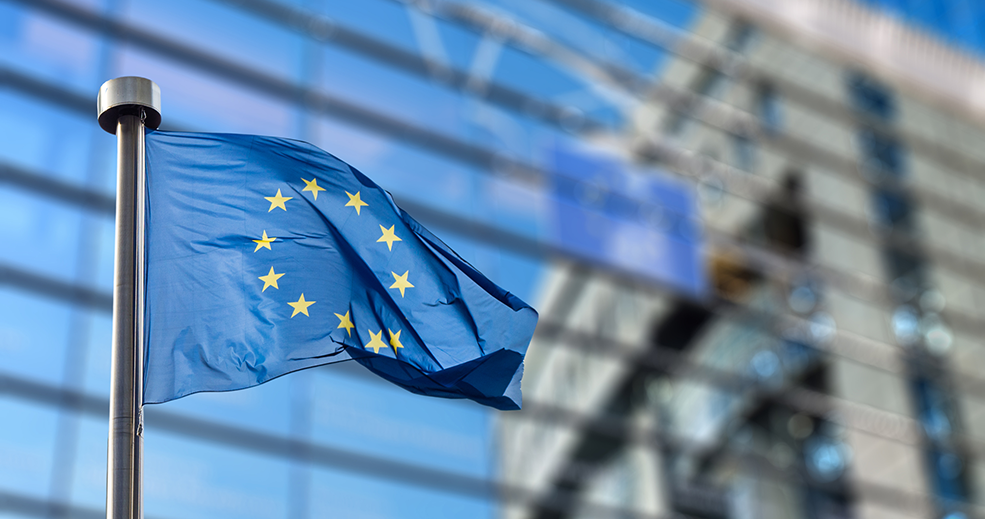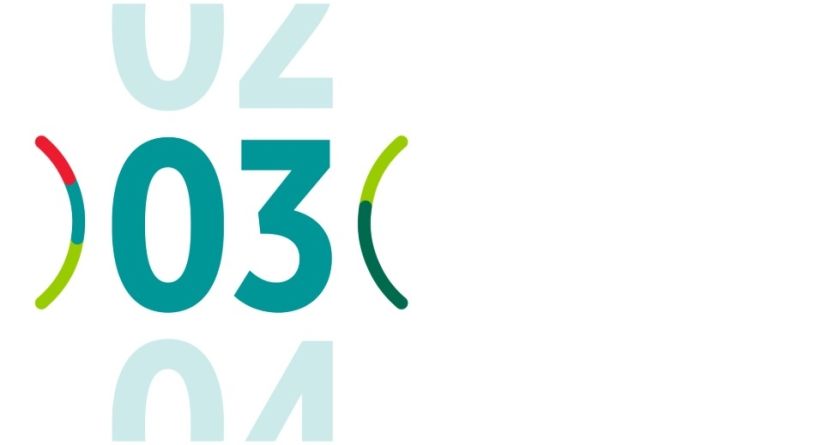
Joint debt in the service of European power
Europe is a great power that doesn’t seem to want much power.
The European Union is first and foremost an economic power, with its single market of over 450 million consumers. It is also a trading power that can negotiate balanced agreements with third parties. The stability of its common currency, the euro – the world’s second currency after the dollar – makes it a monetary power. Lastly, it is a normative power in the sense that it defines and influences international norms and standards to protect its citizens and meet their social and environmental expectations while defending its economic interests.
The EU is built on legal rules designed to pacify and unite its Member States. This regulatory union has prospered under a world order that was itself founded on multilateral rules accepted by all. These rules are now being challenged by revisionist powers bent on reshaping the world order, prompting Europe to change. Global geopolitical fragmentation and polarisation are making international relations more conflictual. Faced with this new distribution of power, Europe must now assert itself as a (geo)political power. Speaking for the first time of a “geopolitical” Commission in November 2019, European Commission President Ursula von der Leyen was signalling that the European Union was henceforth ready and willing to use the “language of power” to assume and strengthen its role as a power by returning to the path of strategic autonomy in the key areas of energy, healthcare, defence, security and critical technologies.
This quest for economic sovereignty is not synonymous with a retreat into protectionism: while there is a need for autonomy in relation to vital areas of national production, this mainly involves securing supplies of so-called essential goods by structuring mutual dependencies in an open world in which specialised production means efficiency and gains from trade. These sovereignty issues have arisen at a time when the climate challenge is already forcing Europe to rethink its growth model so as to move towards a more ecologically responsible regime of accumulation.
A sovereign Europe must therefore be built around a strong industrial ambition so as to rebalance geopolitical power relations and a green industrial strategy so as to achieve carbon neutrality by 2050. This strategic repositioning will strengthen the role of public authorities, whether domestically or at the European level, so as to support and boost investment in climate change mitigation and promising future technologies. Europe’s rebirth will require investment and innovation to position European economies in up-and-coming high value-added and green technologies to protect the public goods of climate and biodiversity. If Europe is to achieve critical mass on the international stage such that it can rival American and Chinese giants, it seems it will have no choice but to forge European industrial partnerships and tie-ups in key sectors: an “Airbus of batteries”, a structured hydrogen industry, a European cloud, cooperation in semiconductor-related sectors and joint action plans in nanotechnologies are all testament to Europe’s desire to establish its leadership in sectors with high future potential. In a world in which power means resilience, it is also essential that industrial, trading and competition policy be harmonised to serve these new strategic goals.
Delivering on this shared vision of a Europe at the cutting edge of technology – a Europe that has ambitious climate plans and is able to exist in a multipolar world under strain – will mean mobilising and synergising considerable resources to fund the investment that will reshape Europe for the future. Europe has already committed itself to this path by agreeing to pool future debt as part of the NextGenerationEU recovery plan. Institutionalising some form of European solidarity looks to be an essential step on the road towards reallocating capital on the basis of needs so as to encourage economies to converge on a more environmentally friendly and innovation-based growth model, in the absence of which centrifugal forces are liable to endanger the Union’s cohesion, thus undermining the whole project. Only a strong and united Europe will be able to successfully navigate the major changes facing the world. Pooling resources by marshalling a joint borrowing capacity to meet the coming challenges is undoubtedly the best way to unite this community around a common destiny.







